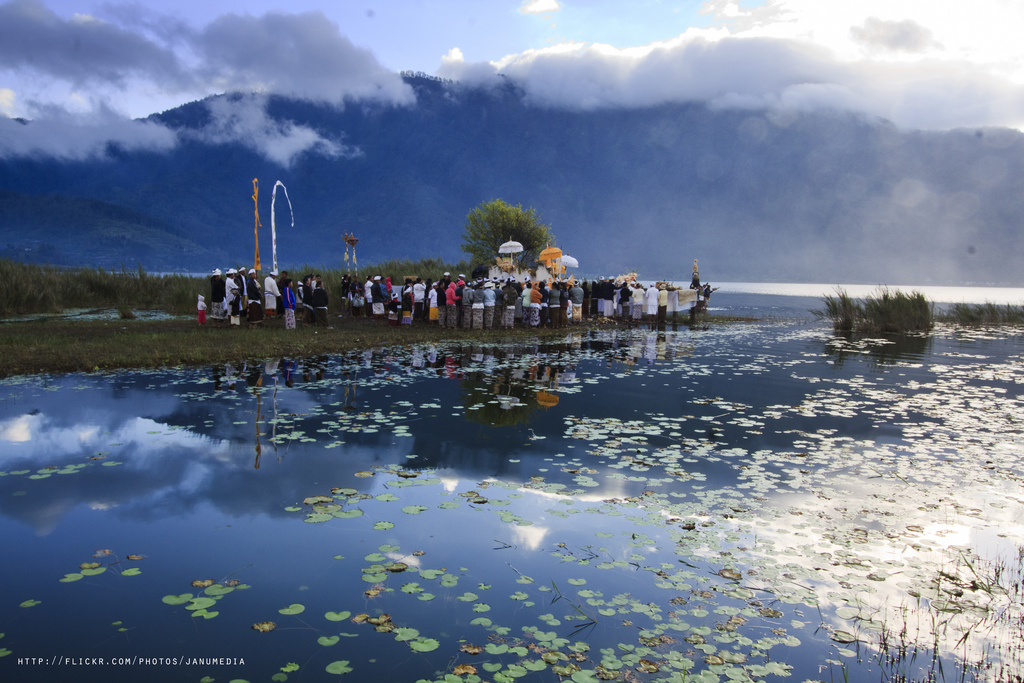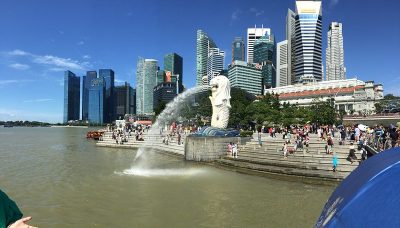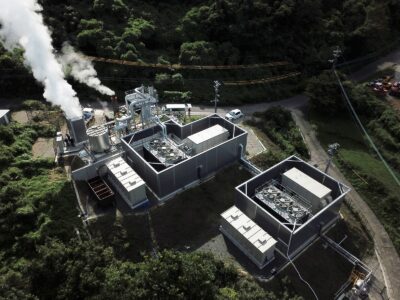Stakeholder involvement on the example of Bedugul, Bali project
Working with local communities, providing them with clear information and showing transparency in the processes is the best solution.
Bali in Indonesia has had a complicated relationship with the geothermal industry. The island of Bali has frequent blackouts and poor electrical supply, and despite of being rich in geothermal resources the locals oppose to any development in the area.
According to Renewable Energy Magazine, “In 1994 Bali Energy, a joint venture between California and a local company, signed an operation contract to develop a geothermal power plant in the Bedugul forest. In 2008, the estimated power production capacity of 175 MW corresponded to about half of the whole island’s electricity needs, but the project was put on hold” due to heavy opposition from environmentalists and religious leaders.
Even though the dilemma has been going on for more than 20 years, Bali’s governor has once again restated his refusal to allow the geothermal project in Bedugul to move forward according to a statement from his office on May 6, 2015.
What should be done to move forward? Renewable Energy Magazine suggests that working with local communities, providing them with clear information and showing transparency in the processes is the best solution. According to them “to save time and money, companies must engage with local communities as a means of keeping them informed and showing them support throughout every step of the way.”
To read the full article, please follow the link.
Source: Renewable Energy Magazine


















